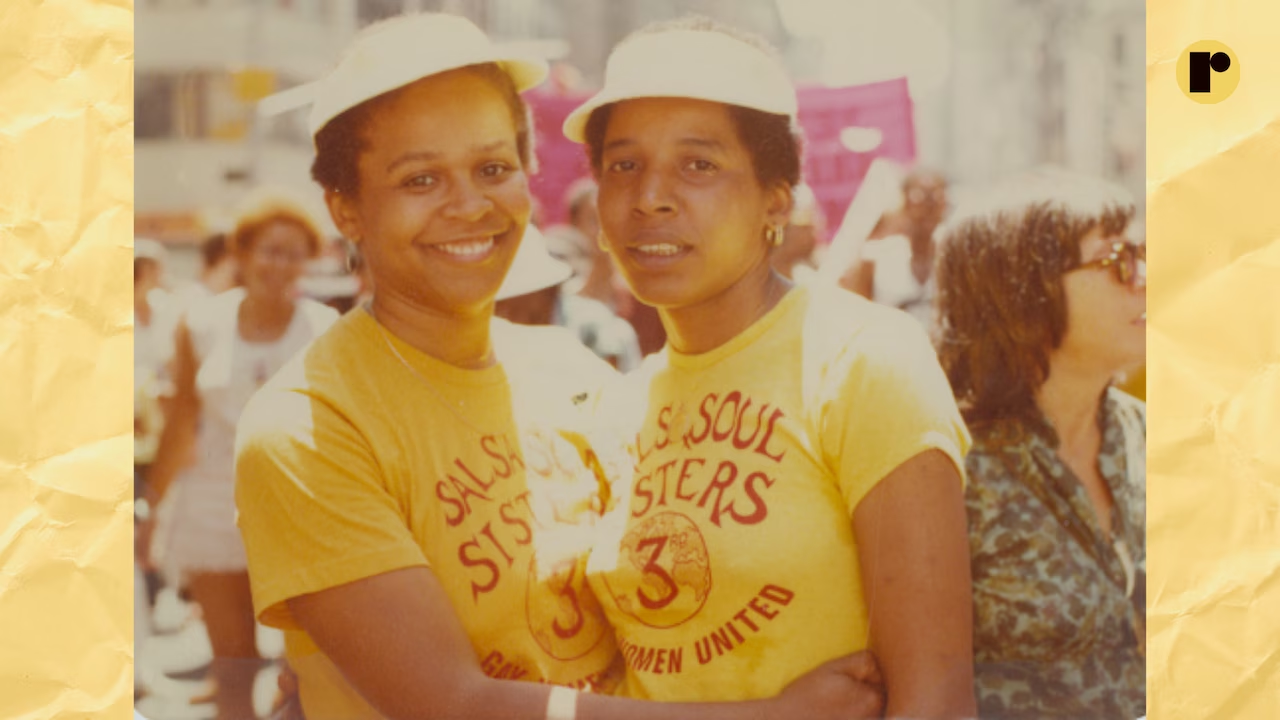When Ethan was growing up, he recalls his older brother repeatedly asking him about when he could have a girlfriend. Over a Zoom call, Ethan shares that he interpreted this question as shorthand for his brother's desire for a sensual experience. Now in his 60s, Ethan's brother is autistic and lacked the skills or support needed to form the kinds of intimate connections he craved.
Such experiences are not uncommon among autistic adolescents and adults, although autism exists on a spectrum and not everyone with Autism Spectrum Disorder shares these challenges. Emily, whose name has been changed for privacy, has a sibling who is also autistic and has expressed similar desires for intimacy. "My sibling has always struggled to connect with people emotionally, and it's incredibly lonely," Emily tells me during our Zoom conversation. "They try to make connections by going to bars, but they face rejection repeatedly."
However, the absence of an outlet for their desire for intimacy doesn't diminish those needs. This was certainly the case for Emily's sibling. "I think because of the lack of intimacy in their life, my sibling overcompensates with people who they are close with, like family and friends," Emily explains. For instance, they often exhibit behaviors that involve physical touch, which can make others uncomfortable.
Allison* is a New York City-based Licensed Clinical Social Worker, specializing in working with disabled adults. Her role involves providing support through a case management agency dedicated to assisting disabled adults and their families in navigating benefits and entitlements. Describing her work, Allison explains, “We’re helping fill in the nooks and crannies of adulting for adults with disabilities.” This encompasses various tasks such as aiding in housing and employment, as well as connecting clients with volunteers to address social needs.
Despite the comprehensive support provided, Allison notes a significant aspect often overlooked: sexual intimacy. While commonly disregarded as a basic need, Allison acknowledges that her clients frequently express desires for intimacy to her and other professionals involved in their lives.
The close relationship between disabled adults and their therapists or aid workers often leads them to turn to these professionals when seeking avenues to express their need for intimacy. Allison observes, “For an adult with a disability, their most intimate moments are still professional moments.” However, she highlights the inherent challenge, questioning, “So where do they have access to truly intimate moments?”
In the absence of alternative options, Allison often encounters instances where clients seek intimacy in unconventional ways. These may include gestures like holding a community habilitation worker’s hand during dinner, expressing a desire to touch a speech pathologist’s face, or longing for extended hugs with a case manager that can lead to arousal.
While it falls beyond the scope of therapists and support staff to fulfill clients' intimate and sexual needs, Allison emphasizes the importance of reframing these attempts at intimacy as unexpected rather than inappropriate. Her aim is to avoid shaming the clients she works with, recognizing that their desires stem from natural human inclinations. As she puts it, “All of these things communicate to me that they do not have roles and relationships in their lives where they have an expected outlet for intimacy.”
In her work, encountering these unexpected moments has prompted her to confront the gaps in available social services. "There are moments where I've been touched in a way that was harmful or in a way that was unexpected to me," she shares. Yet, stepping outside of her own experience has allowed her to understand why such situations arise. Reflecting on this, she acknowledges, "More than one thing can be true in the same moment: It's true that I feel physically uncomfortable or like a boundary has been crossed. It can also be true that the person is trying to express a need that's not being fulfilled." This realization led her to contemplate the existence of an entire profession dedicated to meeting such needs: sex workers.
Jet Setting Jasmine occupies both roles—sex worker and licensed psychotherapist—and recognizes that it's not only disabled adults who seek therapists, social workers, and other professionals to fulfill their needs for intimate connection. "I think that if therapists are able to see the way that their clients can inappropriately utilize therapeutic services, then they could redirect them toward a professional companion," she suggests.
Having experience in both fields, she understands the boundaries that therapists cannot and should not cross, but she also emphasizes that there is an alternative to simply dismissing clients. Instead of "tossing our clients out into the general public," she proposes that if therapists could "get past their own biases," they would recognize that sex workers offer "a guided learning space to explore and experience sexuality.”
Indeed, Ethan highlights that Denmark, a leading nation in progressive policies for the disabled, incorporates funds from the monthly disability check specifically for procuring sexual services. This concept resonates with Ethan, who, prompted by his brother's persistent inquiries about acquiring a girlfriend over the years, emphasizes the universal human need for touch. He reflects, "Every creature alive, just about, is capable of being soothed by touch." Ethan laments the tragedy of neglecting this aspect of human experience.
This deprivation of intimacy and sensual touch has profound repercussions in the lives of many disabled individuals. Ethan asserts that the absence of such experiences likely compounded his brother's life challenges. He describes the anguish of his brother, who never experienced the comfort of physical closeness or the safety of intimate connection. Ethan's conviction in the importance of addressing this issue was solidified when, following their parents' passing, he arranged for a sex worker, whom his brother affectionately referred to as Julie, to provide companionship. Ethan's brother expressed gratitude, acknowledging, "Julie makes my life easier."
Emily, alongside her sibling's case manager Allison, recognized the significance of similar interventions for Emily's sibling, who faced comparable struggles. After the first session with a sex worker, Emily's sibling ecstatically informed Allison, "That was the best date I've ever had!" Allison, moved to tears during the phone call, empathized with their plight, recognizing their profound need for understanding. Access to such services, she realized, could provide the meaningful experiences they craved.
Emily advocates passionately for destigmatizing access to these services, recognizing their transformative potential for disabled adults deprived of touch and genuine intimacy. She stresses the importance of acknowledging the positive impact of engaging with sex workers, fostering deep connections and joy for many individuals. In her view, celebrating the invaluable work of sex workers is essential, as it facilitates meaningful connections and enriches lives.
Celeste Pietrusza, PhD, a clinical psychologist affiliated with the Manhattan Alternative, a collective of unaffiliated sex-positive therapists, expresses her lament over the scarcity of spaces dedicated to discussing the importance of collaboration between sex workers and other professionals such as therapists. She highlights the need for collaborative environments to delve into sexuality, acknowledging that while the notion of sex solving all problems may be idealistic, she believes that fostering collaborative spaces could potentially prevent certain issues.
Similarly, Allison envisions a future where spaces akin to clinics housing various therapists exist for sex workers specializing in different aspects or catering to specific clientele. She advocates for such spaces as they would facilitate informed referrals based on the needs of both the sex worker and the client.
However, this vision remains unattainable as long as sex work remains criminalized. Ethan strongly believes that criminalization deprives individuals of the potential benefits of sexual services, emphasizing the tangible positive impact sex workers can have on clients' well-being. Despite societal marginalization and stigma surrounding sex work, Ethan argues that ultimately, every parent desires their child's happiness, transcending biases and prejudices.
In conclusion, Ethan asserts that even minimally talented sex workers leave their clients happier than before, particularly those yearning for intimate connection. He emphasizes the inherent value of sexual services in fostering human happiness, challenging societal perceptions and advocating for a more inclusive approach to understanding and addressing the needs of individuals involved in sex work.













0 Comments